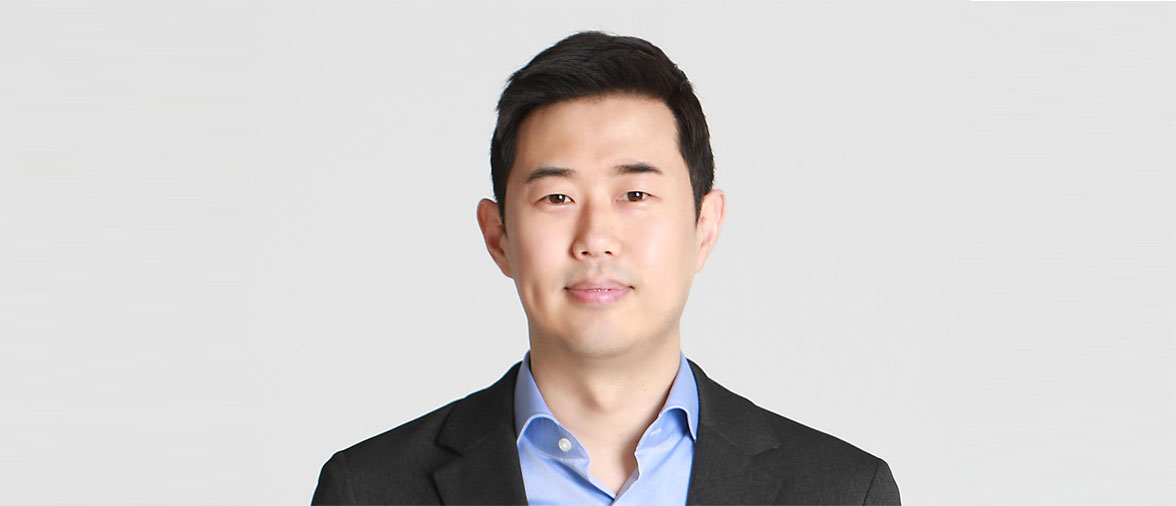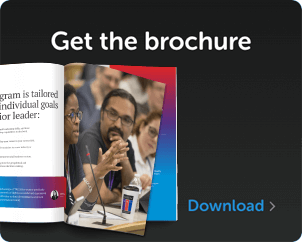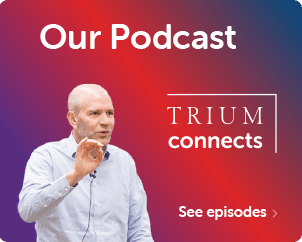

Jihoon Rim
Adjunct Professor at NYU Stern & former CEO of Kakao Corp.
“Why not try?” This touchstone motto has guided Jihoon Rim through successful career pivots, and in just a decade he has been a venture capitalist, CEO of one of Korea’s largest technology companies, a professor at Stern Business School—and now a professor at TRIUM’s San Francisco module.
In 2003, Jihoon began his career as a venture capitalist, and just shy of a decade later founded his venture firm KCube Ventures in 2012. The firm grew to become one of the most reputable VCs in South Korea and the inaugural $10M fund returned more than $1B+ and was recognized as the best performed (100X+, 10-year IRR ~70%) VC fund ever in South Korea. After being acquired by Kakao Corp. in 2015, the firm was ranked #8 by CBInsights in the category of “the most active corporate venture.”
In 2015, Jihoon was appointed CEO of Kakao Corp., a tech company best known for its mobile messenger KakaoTalk, and became the youngest CEO among South Korea’s top 500 companies. Under his stellar leadership, the company’s revenue and operating profit doubled during his two and a half years, and Jihoon was ranked No.1 in the “2017 Korea’s Best CEO” survey conducted by Insight Korea and selected as “2018 Korea’s Top 10 Hero” by Seoul’s biggest business media group, MBN.
After stepping down from Kakao in 2018, and seeking a change of pace, Jihoon moved to New York, where he was approached by The NYU Stern School of Business at New York University to become an adjunct professor in 2019. Jihoon recently joined the ranks of distinguished faculty at TRIUM, with a course on Technology and Entrepreneurism in the San Francisco module.
Jihoon recently spoke with TRIUM about what he hopes students will learn in his class, his philosophy on innovation, and how he translates his experience as CEO into leading a classroom.
You will be teaching Technology and Entrepreneurship for TRIUM at the Module 2 at in San Francisco. What are you looking forward to about teaching a TRIUM cohort?
Teaching at TRIUM is always enjoyable, as students have more experience and are from many different countries, which results in fruitful discussions. They understand the importance of execution and that getting the right answer is only part of the solution, so sharing my CEO experience as leading a tech company valued at tens of billions of dollars with more than 5,000 employees is well received.
What will students learn in your class?
My course will be taught in two sections: Technology and Entrepreneurship. During the past few years, technology companies have been categorized as one big industry, but in reality, each and every technology company is quite different and has unique key success factors. Google and Facebook have distinctive competitive advantages to dominate the digital ad market; Netflix and Spotify are rather content businesses; Uber and other on-demand companies are different due to the nature of their businesses. Students will also discuss e-commerce and fintech companies. Understanding how technology disrupts each vertical market will be the first part of my course.
Regarding Entrepreneurship, I believe there is a misconception among people and experts. We often say a startup succeeded thanks to a brilliant idea, but that’s not the case. An idea is the easy part. I believe building a successful startup is a result of an “indefinite loop of trial and error,” and I try to demonstrate this concept with real-world examples to my students. I also explain why organizational issues might be a bigger problem than business matters.
I also hope my students learn how leading an organization is leading people. We often put too much importance on getting the right solution to a problem, but if your people don’t execute your vision or solution, nothing can be done.
How does your skillset as a CEO translate to leading a classroom?
People might think these two jobs are totally different, but I disagree. To become a successful leader, one should become a very effective communicator to get others to truly believe in what they are doing at work. Teaching and leading a classroom is not only delivering knowledge but also inspiring the students, so the skillsets I acquired as a CEO are invaluable.
Your education and career has spanned the globe, from Korea to New York City to San Francisco. Can you reflect on the importance and value of TRIUM’S international model that gives students the knowledge and vision they need to become successful global leaders?
I genuinely believe the world is our teacher. Firstly, innovation occurs everywhere, and we can also learn insights from developing markets. Advanced markets don’t have all the solutions, and sometimes the existing solutions can be a hurdle to leapfrog innovation. Secondly, understanding how people live and work differently is crucial to be successful in their respective markets so getting first-hand exposure through TRIUM classes across the globe is truly beneficial to the students.
One of the best moments I enjoy at TRIUM is when a student raises their hand and tells me that it’s different in their country. Then we discuss why that’s the case, and it’s a perfect min-case that demonstrates how the world is a teacher.
What does “innovation” mean to you – and how do you hope to shape your students’ philosophy on innovation?
People often think innovation is something cool and sexy, but I disagree. I believe it is “creating value by doing something differently.” It doesn’t have to be fancy; the key is to focus on customer problems.
We are in the midst of revolutionary changes taking place through technology and innovation. Can you reflect on how these can equate to great opportunities and challenges for entrepreneurs and businesses—and what your goals / vision for your students are?
I would like to say not to focus too much on the new technology trend. Of course, it is a great tool, but regarding it as a magic bullet that will solve everything often leads to failure. I’m not a huge fan of picking a technology first and then trying to build a startup on that. (for example: “Let’s do something with AI, AR, VR, Crypto/Blockchain, etc.”) You should start with a problem and focus on fully understanding the issues.
I try to use technology as a lens to understand how a market can be disrupted to help ordinary people. If you think about it, thanks to technology, many products are doing a job that only the privileged had before. Tech gives accessibility to the general public, I believe.
Your career path has been what some may consider non-linear, from entrepreneur to CEO to professor. What advice do you have to share about building a career by staying curious, open-minded, and taking risks?
People often overestimate the “risk” of trying new things, but in reality, it’s the opposite. You can usually return to your previous job if the new job doesn’t work out well. Many career decisions are reversible. Management consultant to VC is reversible; VC to CEO is reversible; CEO to professor is reversible. You might lose a few years; you might get promoted a few years later, but it won’t be a total disaster. If the new job gives you the opportunity to expand your skillset and human network, I generally go for it. Surrounding yourself with a new and challenging situation is the best way to accelerate your growth.





